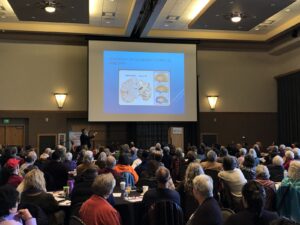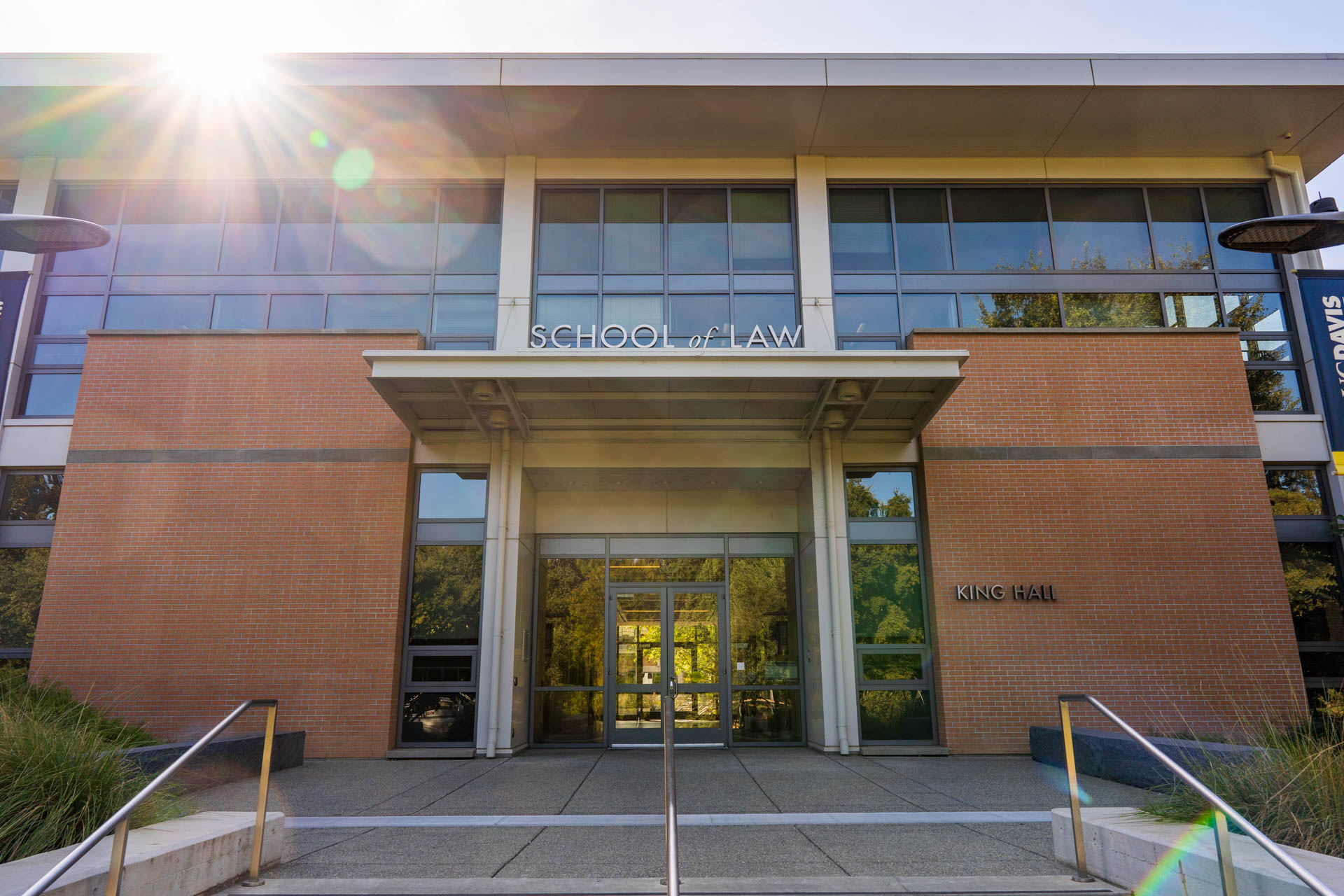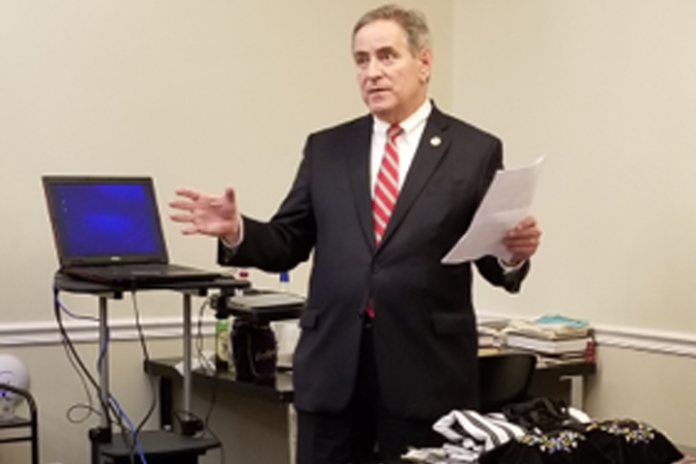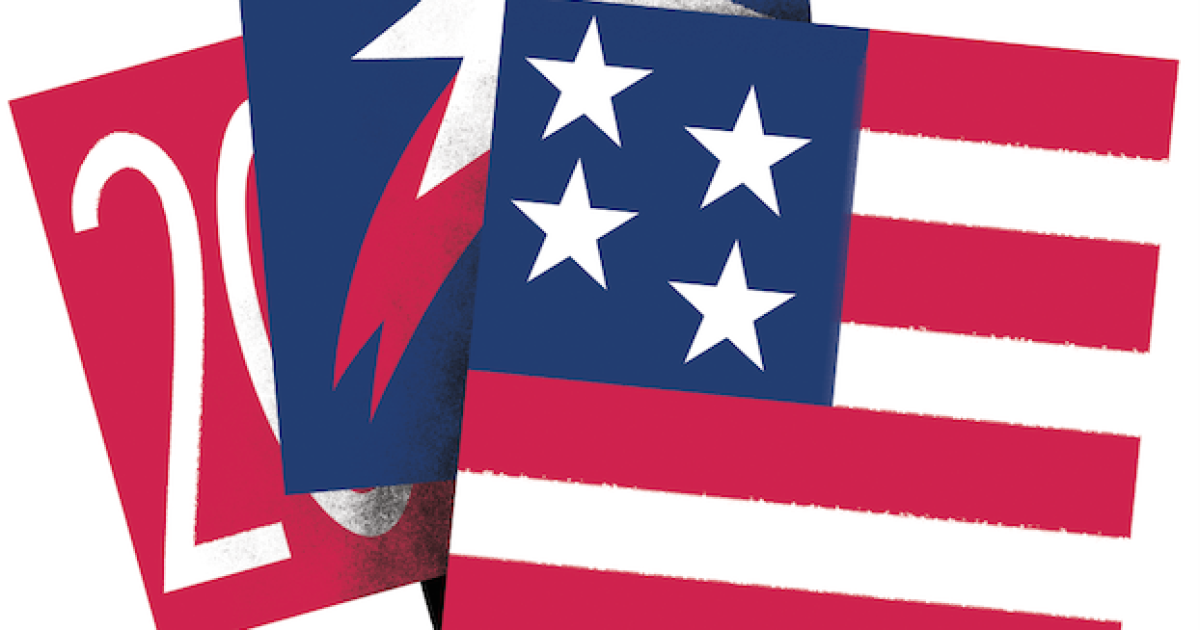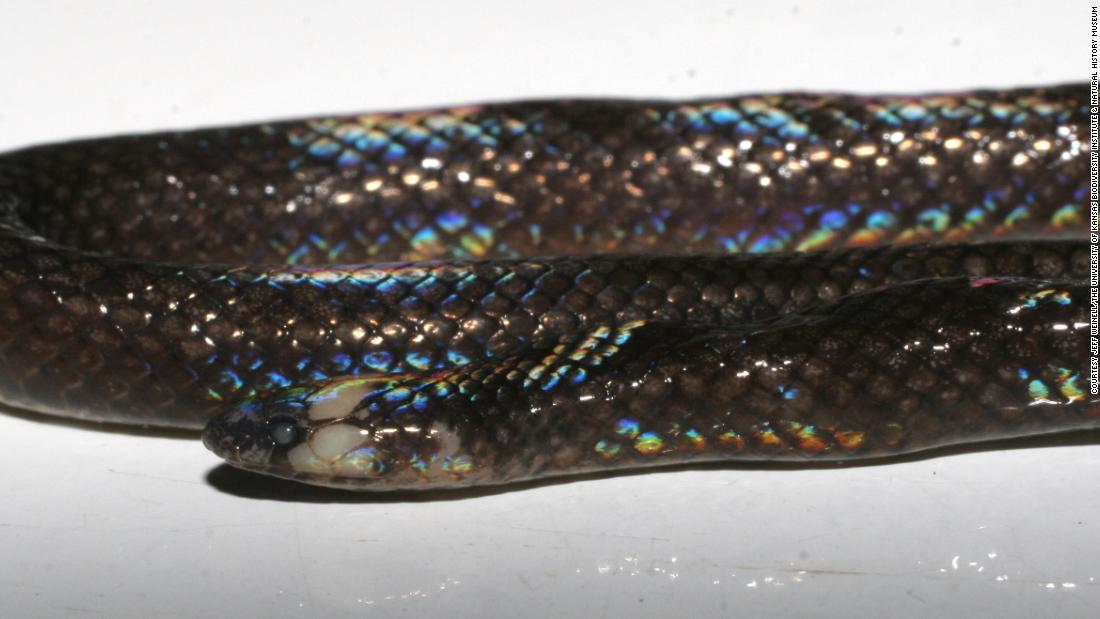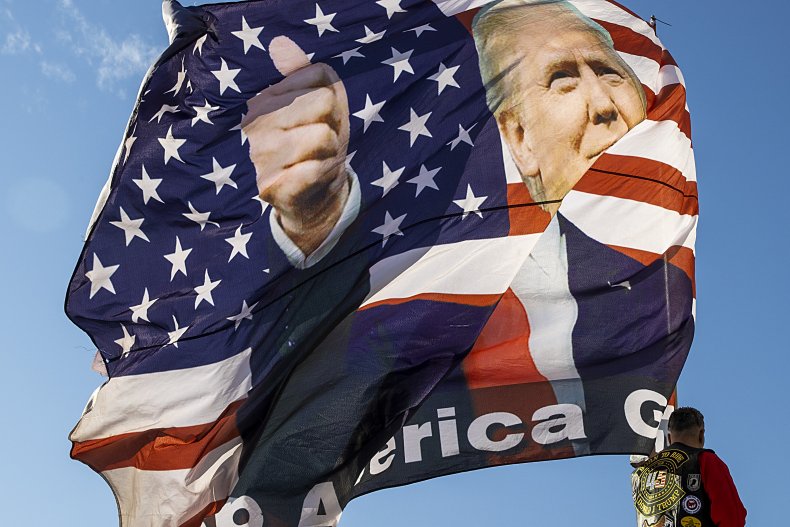Law faculty graduates are common among the the leading ranks of politicians, small business leaders and a lot of other fields – but what about regulation faculty dropouts? Similar Articles They all landed on their feet. But the hundreds of other law college students who drop out just about every […]
Error 52 tragamonedas, free cleopatra 2 slots
Error 52 tragamonedas […]
Juego tragamonedas online gratis, juego tragamonedas faraon descargar
Juego tragamonedas online gratis […]
Casinos legalidad mexico, casino online italiani
Casinos legalidad mexico […]
Acting Morris prosecutor promotes Calderwood, Kimker to leading positions
From the Morris County Prosecutor’s Place of work: Performing Morris County Prosecutor EncouragesInitially Assistant Prosecutor and Main of Detectives Performing Morris County Prosecutor Robert J. Carroll this 7 days announces the advertising of Margaret M. Calderwood to Initially Assistant Prosecutor and Christoph Kimker to Chief of Detectives. Initially Assistant […]
Donald Trump golfs in Florida as COVID aid hangs in the harmony
President Donald Trump expended his Xmas golfing in Florida as a authorities shutdown looms and COVID reduction hangs in the balance. Trump, at his Mar-a-Lago club in Palm Beach front for the holiday seasons, experienced no occasions on his general public agenda immediately after throwing the foreseeable future of a […]
9 blazing cashpots casino online mexico, 9 blazing cashpots bonificación de tiradas gratuitas
9 blazing cashpots casino online mexico […]
New Swiss information protection regulation: an overview of the most crucial revisions of the Swiss Federal Act on Info Security
At the stop of September 2020, just after a legislative process of pretty much 4 several years, both of those chambers of the Swiss Parliament accredited the revised Federal Act on Information Protection (revised FADP). The revised FADP incorporates numerous adaptations to the EU’s Standard Knowledge Protection Regulation (GDPR), but […]
Forensic Intelligence and Its Software in Public Safety
Introduction With progress in technologies and the imagining capabilities of individuals, the definition of general public security retains on shifting with because of program of time. Today the term general public safety, not only includes the safety of citizens from becoming a victim of crime but also a appropriate investigation […]
Vikings slot receiver, vikings slot wr
Vikings slot receiver […]
Neb. Citizens Impacted by Alzheimer’s Invited to Free Digital Educational Conference on Tues., Dec. 8
NEW YORK—The Alzheimer’s Foundation of The united states (AFA) will host a cost-free virtual educational conference as aspect of its nationwide Educating America Tour to support Nebraska inhabitants influenced by Alzheimer’s disease, caregivers, and anybody who desires to find out far more about the ailment, on Tuesday, December 8, from […]
The UC Immigrant Scholar Services Heart delivers authorized help, assists in the establishment of equivalent courses
The UC system’s help for immigrant pupils aims to aid them by shifting legislation and administrations In 2015, the UC method began an initiative to deliver legal expert services for immigrants instantly by the faculty. Working out of UC Davis’s legislation faculty, the UC Immigrant Legal Providers Center (UCIMM) has […]
Duke women’s basketball cancels relaxation of 2020-2021 season for the reason that of Covid-19 fears
“The scholar-athletes on the Duke women’s basketball group have built the tough determination to conclude their present season because of to basic safety issues,” Michael Schoenfeld, main communications officer for Duke College, said in a push release. “We assistance their decision, as we have supported the possibilities manufactured by all […]
Egyptian sun slot, play free slots
Egyptian sun slot […]
Jackpot casino bozeman, jackpot casino minnesota
Jackpot casino bozeman […]
5 concerns for Jimmy Patronis
Chief Fiscal Officer Jimmy Patronis is a former state agent who was initial appointed to the Florida Cupboard put up in 2017 by then-Gov. Rick Scott. The next yr, Patronis, a Republican whose family members runs the nicely-recognised Captain Anderson’s restaurant in Panama City Seashore, was elected to a 4-yr […]
Worker Data files Lawsuit for Race and Religious Discrimination In opposition to Aerospac – Constitutional Law Legal Blogs Posted by Sidney L. Gold
by Sidney L. Gold Posted on December 09, 2020 in Constitutional Regulation, Discrimination, Labor and Work Legally talking, discrimination is outlined as the unequal or prejudicial procedure of persons or groups based entirely on shielded properties. These characteristics are personalized traits that have nothing to do with benefit or steps […]
Covid-19: Totally free authorized assistance to satisfy surge in legal challenges
Covid-19: Cost-free authorized guidance to meet surge in legal challenges Posted 10 December 2020 Pupils are to be termed in to cope with an predicted surge in coronavirus-linked authorized troubles under strategies remaining drawn up by the Regulation Society of Scotland, The Periods experiences. 
 Details from Law enforcement Scotland […]
Great Samaritans Who Rescue Small children From Autos Now Protected From Liability Jan. 1
California has regulations to exempt Excellent Samaritans from criminal or civil legal responsibility in the rescue animals still left unattended in automobiles, but no these kinds of regulations in the rescue of kids. Beginning January 1, that will transform. “In the United States, each individual one year there is an […]
Acting Morris County Prosecutor Promotes First Assistant Prosecutor and Chief of Detectives
Morris County Thomas A. Zelante, is retiring effective December 31, 2020 MORRIS COUNTY — Performing Morris County Prosecutor Robert J. Carroll announces the advertising of Margaret M. Calderwood to To start with Assistant Prosecutor and Christoph Kimker to Main of Detectives. Very first Assistant Prosecutor Calderwood has been a member […]
Essential Politics: A new focus on California’s forgotten ballot referendum
California’s 108-12 months-previous technique of direct democracy was developed to supply voters with the resources, when required, to wrestle the energy of governing away from elected officers who may be far too firmly in the grasp of effective unique interests. Newsletter Get our Vital Politics newsletter The latest news, assessment […]
Experts find out a new genus and species of snake hiding in simple sight
Which is what occurred when Jeff Weinell, a graduate exploration assistant at the University of Kansas’ Biodiversity Institute, discovered out that 3 specimens of snakes preserved in the institute’s biodiversity selection, observed in discipline missions in between 2006 and 2012 and overlooked up to this position, belonged in a class […]
Florida State Parks Basis celebrates year of do the job, but is ‘glad to see the stop of 2020’
The Florida State Parks Basis is reflecting on its 2020 perform helping the Florida Park Provider. But like everyone, the group is also seeking ahead to the start off of 2021 and the stop of what was a cruddy 2020. “I am guaranteed that we all will be glad to […]
Donald Trump’s Martial-Law Talk Has Military on Red Alert
People gather in support of President Donald Trump and in protest the outcome of the 2020 presidential election at freedom plaza on December 12, 2020 in Washington, DC. Violent actions by pro-Trump militia members could give Trump reason to invoke federal control. Tasos Katopodis/Getty Images Pentagon and Washington-area military leaders […]
Online slots md, online slots mit 1 cent einsatz
Online slots md […]








